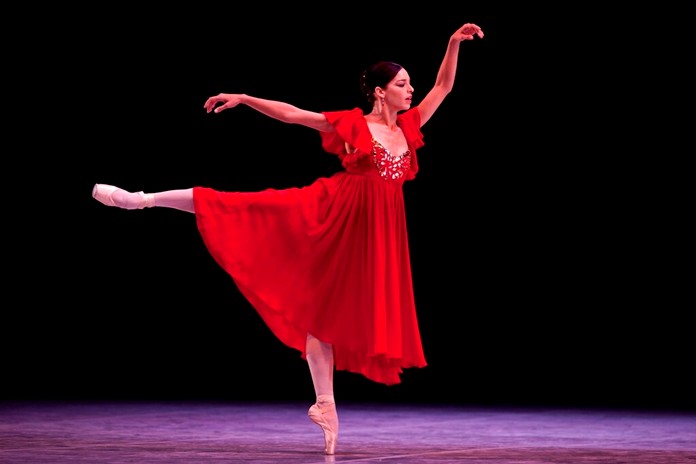
HAVANA (AP) — The new head of Cuba’s legendary National Ballet says she hopes to renew the institution after the death of long-time director Alicia Alonso by introducing new choreography and appearances by dancers who have emigrated to other companies.
In an interview with The Associated Press, Viengsay Valdés, 43, said Alonso’s insistence on classical technique and repertory served the company well for decades, but modernization is imperative.
Valdés said she is looking to perform new works and bring in dancers from other countries to help instruct the company’s dancers. She said she wants to include former company members who have left to perform in other countries.
“I will always defend classical technique as the artistic base for a good dancer, and from there one can grow into other types of choreography,” she said Thursday. “What we must do is enrich what we have today, develop what we have. Without studying the past we can’t progress and, yes, we have to modernize.”
Valdés became deputy artistic director of the National Ballet after a long, stellar career as a dancer and she retains that title even after the death of Alonso, the company’s founder, at 98 in October. Despite her official status as deputy, she is in charge of the company.
Cuba’s Soviet-style system that recruits children into a system of increasingly selective state dance schools has produced hundreds of elite dancers including Lorna Feijóo, Rolando Sarabia, Taras Domitro, Anette Delgado and Carlos Acosta.
The company founded in 1959 has been criticized for a stale repertory and failure to modernize, factors that contributed to the flight of many of the best dancers.
Valdés said she has begun to try to address many of the problems.
“I have been trying to promote and give everyone access to the information that they need as artists and that’s a mission that I have had since I took over direction of the company.”
Emigre Cuban dancers, once barred from performing here after defecting from the country, have been returning gradually to appear on stage in Havana in recent years, something Valdés said she would encourage.
“I think that, yes, we can give them the opportunity to perform in Cuba,” she said. “This also enriches the new generations.”




